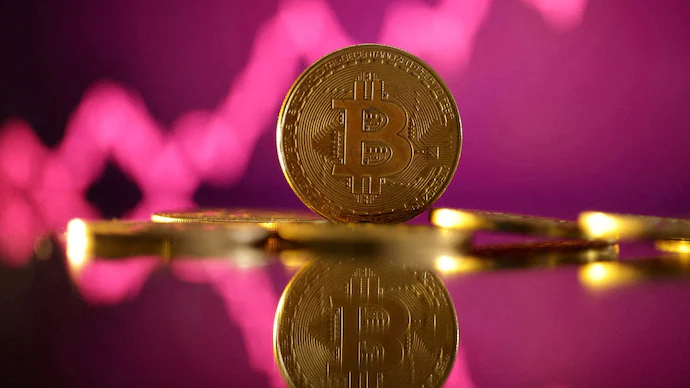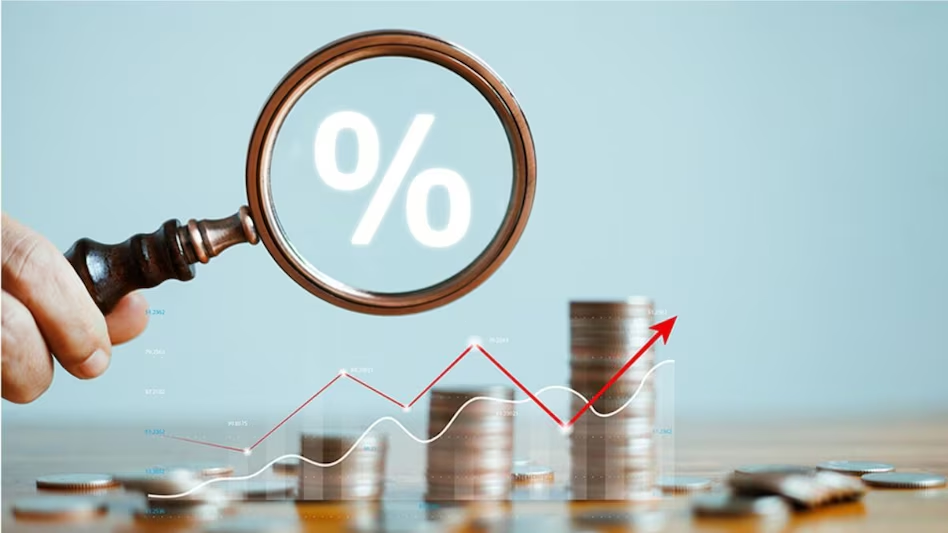Now Reading: Tokenization: The Real-World Shift That Could Redefine Crypto’s Future
-
01
Tokenization: The Real-World Shift That Could Redefine Crypto’s Future
Tokenization: The Real-World Shift That Could Redefine Crypto’s Future

As the buzz around Bitcoin and NFTs cools down, a new wave is quietly taking shape in the crypto world — tokenization. Unlike meme coins or speculative tokens, this concept is grounded in something more practical: turning real-world assets into digital tokens on a blockchain. From real estate and gold to artwork and shares, tokenization could change how Indians — especially in Tier 2 cities — invest, trade, and hold value.
What Is Tokenization?
Tokenization is the process of converting rights to an asset into a digital token. Think of it as owning a piece of property, but instead of a paper document, your ownership is represented by a secure digital token on a blockchain.
This system allows people to buy and trade fractions of high-value assets that were previously out of reach. For instance, instead of buying an entire apartment, you could invest in just 1% of it through tokens. The asset still exists physically, but the ownership rights are now digitally managed.
Why It Matters Now
The global financial system is slowly warming up to tokenization because it offers transparency, faster settlement, and easier access. For India, where access to formal investment avenues is still limited in many areas, tokenization could bring a major shift.
A small investor in Nagpur or Indore might soon be able to invest in a commercial building in Mumbai, without needing lakhs of rupees upfront. That’s the promise tokenization holds — access and affordability.
Banks and financial institutions are also exploring how tokenized versions of bonds and mutual funds could reduce paperwork and speed up transactions. Even regulators are beginning to examine how this can be implemented safely.
Opportunities and Risks
The biggest upside is inclusion. Tier 2 and Tier 3 city investors who’ve traditionally stayed away from complex financial products could soon get a slice of premium assets, thanks to low-entry token investments.
But like any evolving space, risks exist. Tokenized platforms must be trustworthy. The underlying asset must be verifiable. And there’s always the question of regulation — especially in India, where crypto laws are still forming.
People will need clear frameworks to know what protections exist if a platform fails, or if disputes arise over ownership. Education around how tokenization works is also essential to avoid scams and confusion.
What This Means for You
If you’re someone watching the crypto space from the sidelines, this might be your entry point. Tokenization isn’t about chasing volatile prices — it’s about rethinking how we own things. For students, salaried professionals, or small business owners in cities like Bhopal, Raipur, or Amravati, this could be a chance to build wealth gradually through bite-sized digital investments.
But timing matters. Regulatory clarity is still a work in progress, and not all tokenization platforms are reliable yet. So treat this space with cautious curiosity — read, ask questions, and think long-term.
Final Take
Tokenization could be crypto’s most practical use-case so far — less hype, more utility. It brings the possibility of owning a part of the real world through digital means. While it won’t replace traditional investing overnight, it’s quietly building a bridge between old money and new tech.
For Indians looking beyond the usual savings and gold, this could be a game-changing moment. Just stay informed — the future of finance may be arriving, one token at a time.
























